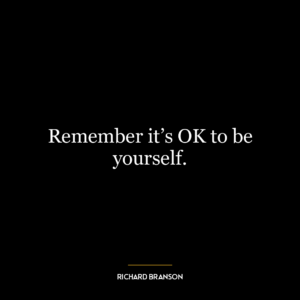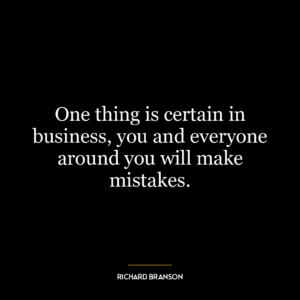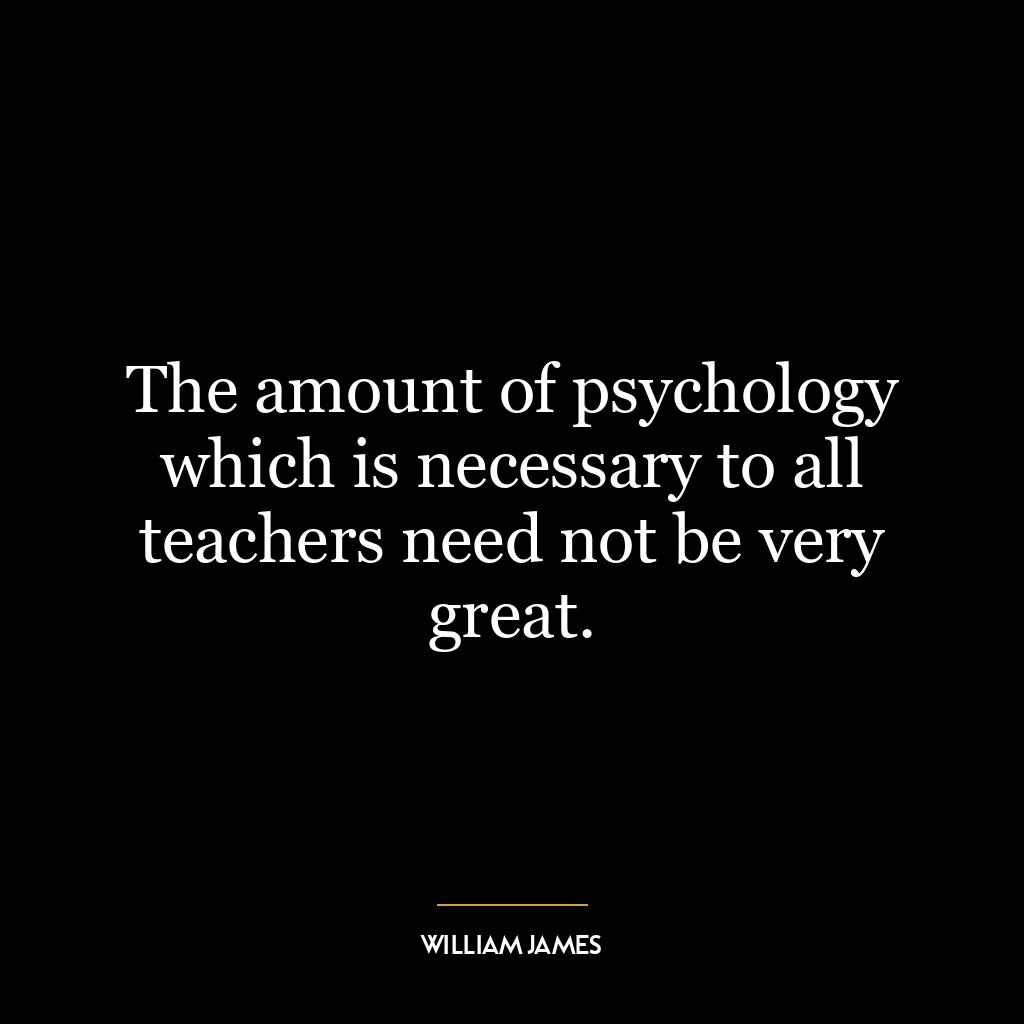Most “necessary evils” are far more evil than necessary.
This quote suggests that many things we accept as “necessary evils” – unpleasant or harmful things we endure because they seem necessary – are in fact more harmful than they need to be. In other words, the level of harm or negativity they bring is disproportionately high compared to their supposed necessity. This can be seen as a critique of complacency and an encouragement to challenge the status quo.
In the context of today’s world, we can apply this idea to various social, political, and economic phenomena. For instance, some might argue that war, poverty, or environmental degradation are “necessary evils” for progress or security. However, this quote would challenge us to question whether these negative impacts are truly necessary, or if they are simply accepted as such due to a lack of imagination, effort, or will to find better solutions.
In terms of personal development, this quote can inspire us to examine the “necessary evils” in our lives – perhaps stress, overwork, or unhealthy habits we justify as necessary for success or survival. It encourages us to question whether these are truly necessary, or if we can find healthier, more positive ways to achieve our goals.
Overall, this quote is a call to challenge accepted negatives, to strive for better solutions, and to not settle for harmful circumstances under the guise of necessity. It encourages us to constantly evaluate and reassess our necessities, to ensure they do not cause more harm than good.















